VoltaGreentech is a startup from Sweden that put into production a powder based on a specific type of seaweed that mixed with the feed given to the cows can reduce the methane emissions by up to 90%. The greenhouse gas methane is 28 times more potent than CO2 at a 100-year time horizon.
“The 1.5 billion cows on the planet produce 5 percent of global greenhouse gas emissions, twice the amount of the world’s airplanes. We have now shown that our seaweed has the potential to reduce a large part of those emissions. The market potential and the impact we can achieve with this solution is huge,” says Volta Greentech CEO and co-founder Fredrik Åkerman.
The seaweed comes from Volta Greentech’s land-based pilot factory in Lysekil on the Swedish west coast, designed to be replicated at scale and laying the technical foundation for coming factories. In the pilot at the farm “Tre Bönder’’ outside Eskilstuna in Sweden, 17 animals were fed the seaweed-based feed supplement as part of their diet to reduce methane production.
How does the food supplement from Volta works?
Cows produce methane through no fault of their own, says Angelo. And we know this for a fact. The natural mechanism in their stomachs help them digest grass and they burp and fart methane, which is more dangerous for the environment than CO2. With the growth of industrial farming, methane emissions from cows is now posing a risk for the sustainable development of the planet.
"And the way the seaweed works is that it blocks an enzyme that the bacteria that is fermenting the methane needs to complete the methane fermentation, to put together CO2 and Hydrogen. It doesn't affect the health of the animal in any other way, quite the opposite, there are signs that cows are feeling better when eating seaweed. And we are only replacing 0.5% of their total feed, so basically cows don't really know what's happening, they start burping less methane", explains Demeter, cofounder of Volta Greentech.
Angelo was born in Romania, in Transylvania, and studied at Cluj Agricultural University, with a specialization in biotech for the food industry. He went to Sweden for the Erasmus exchange program and fell in love with the facilities and the country. So for the Masters degree he came back to Sweden, studied molecular biology and then, by accident, met Fredrik, the founder of Volta Greentech.
"I heard about the idea that Fredrik and another cofounder, who is not in the company right now, found this seaweed and I was amazed by it. During my university years I studied cows and fermentation and I knew that it was a big issue. I had this chance to go on a journey with a startup, it was pretty interesting in the beginning. We worked for free for 7 months trying to get it rolling. I remember now it was very beautiful that day in July 2019 when we got our first investment and we managed to get our first hire", remembers Angelo.
Volta harvests the seaweed, then dries it and they serve it to the cows as a mixed powder in their normal feed. The cows don't know what's happening, but start producing less and less methane.
The origins
The idea for Volta Greentech originated in a case study Fredrik had to do when he was studying in the US and he had to envision a company. He read on Reddit about the accidental discovery of the effects a seaweed can have on methane emissions and started thinking about it.
"He quit his studies, came back to Sweden and started to look for cofounders to start the company. And I met him two months later", remembers Angelo.
The original story is somehow serendipitous. A Canadian farmer had his cows roaming around on the beach and the animals were munching on storm tossed seaweed, washed away on the shore. Then he noticed that the cows were producing more milk, they were happier and having more sex. So he asked a scientist to study them and this is how the effect of the seaweed on cows was discovered. Besides reducing methane, the general health of the cows is improving with this diet.
"When we founded Volta there was just one animal trial, but we saw the potential impact of this. We knew that the scientists don't have the tools to actually mass produce and bring it up to scale for the consumers. We took it upon ourselves, along with other companies, to produce it on a larger scale", says Angelo.
They started studying which strains of seaweed are the best and started culturing them in small Petri dishes and slowly ramped up the production.
The effect of the seaweed for methane emissions
According to Volta's first study, the median reduction is around 80%, but can go up to 90%.
"It depends on the dose of the seaweed and the quality. We learned that if we process the seaweed and dry it we can lower the inclusion rate and increase the methane reduction. Our first initial tests we were including 1% and now we increased the quality and we are down to 0,5% and we still get super high reductions", explains Angelo.
"There are some studies that even with 0.2% you can reduce 80% the emissions of methane. But it is also very dependent on what the animal is eating. If you have an animal that is eating only corn and not so much fiber, then the reduction will be that much higher. If you have an animal that is munching on grass and fiber, the amount of methane is higher. The reduction might be a bit lower in percentage. More grass and fiber result in more methane. Our current product reduces up to 90% on a 100% fiber diet", mentions the startup founder.
Their first trial had the results around Christmas and after three days of optimizing the mixing of seaweed powder with the cows' food they started to have their first results.
Nowadays they are optimising the cultivation process in their pilot factory on the West Coast of Sweden to reduce the cost per kg of seaweed produced, in order to feed even more cows.
"We are basically growing in big water tanks. You can think of it as producing beer. We have large tanks of water, it is fairly easy to upscale. The secret lies in the treatment of the water, how you recirculate the water and the rest of the nutrients. It is a bit tricky to grow something outside of its natural environment, but when done right, land based cultivation can be a lot more productive than growing in the ocean", explains Angelo.
The solution developed by the Swedish startup can work for all ruminants that have 4 stomachs, such as goats, sheep, cows, yaks.
The farmer will not pay to be more sustainable
And talking about their future plans, Angelo says that growing is the plan. "There are 1.5 billion cows on the planet, so feeding everyone will take a while. We are planning to build a large scale factory in 2023, and we are planning a 50 ton per year production by 2024. After that we are basically hoping to copy and paste this facility larger and larger".
"We are planning collaboration with different customers and partners to do pilot launches for potential products that we can test the market with. Inherently the market demands more sustainable products. We are voting with our dollars. It's gonna be interesting to see how the consumers will react to methane reduced products in the store", adds the cofounder.
Volta is hopeful that the plan to reduce the emissions of methane by 30% by 2030, which was voted at the COP26 conference last year will help them fulfill their potential.
Another interesting approach is that Volta doesn't want to sell its product to the farmers. They will give it for free and then develop a market where the dairy factories or the meat processing companies will pay more for a more sustainable product.
"2022 is gonna be a big year. We just finished our first commercial trial with our own seaweed. Now we are starting a bigger and longer 2nd commercial trial", says Angelo.
And after a first angel round in 2019 that helped kickstart the commercial test and a seed roun din 2021 and several research grants, the company has raised close to 3 million EUR. Volta is raising again money this year in a Series A round to grow and establish the company further from 9 to 20-30 employees.
 Vlad Andriescu
Vlad Andriescu

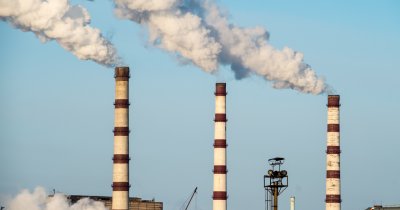
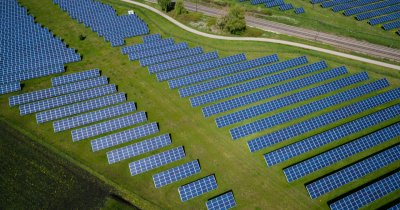
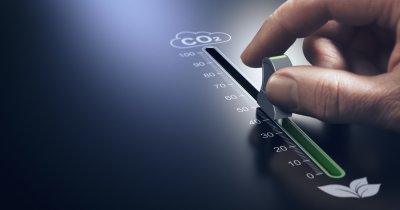
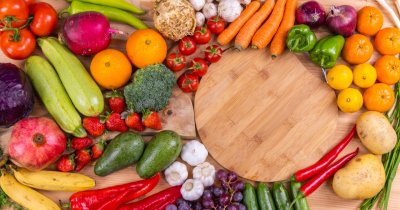
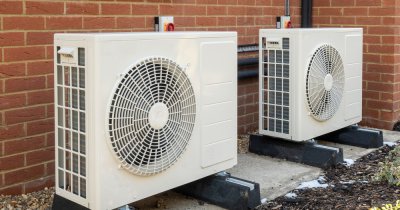
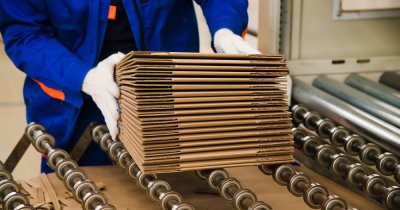
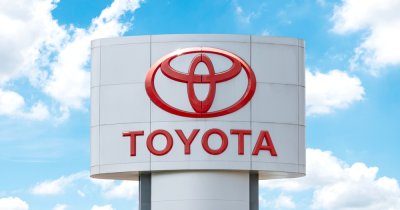
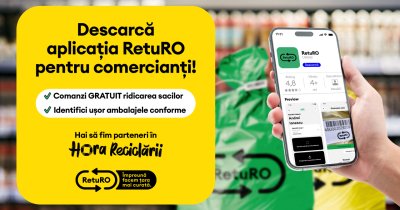
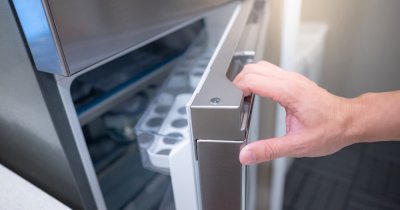

Any thoughts?